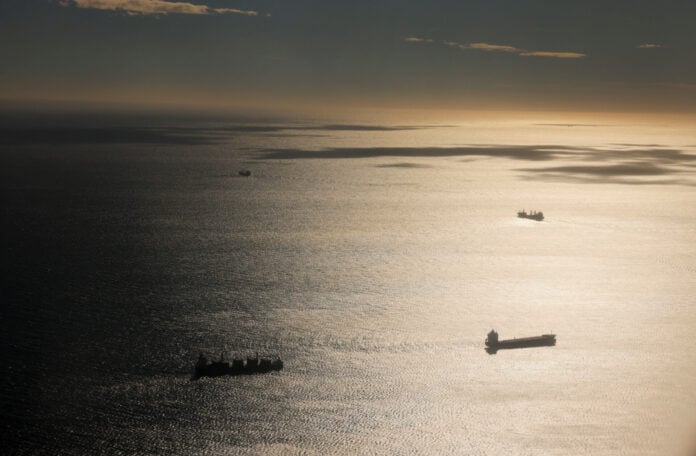Fluctuations, strong volatility and major challenges characterized the main shipping markets for 2024, according to research by a team from the National and Kapodistrian University of Athens (NKUA).
For tankers, the past year was characterized by significant geopolitical developments, dynamic changes in supply and demand and restructuring in trade flows.
At the same time, the dry bulk freight market experienced significant fluctuations, with the Baltic Dry Index (BDI) reflecting a difficult year overall.
Finally, in LNG and LPG carriers, the market was characterized by fluctuating prices and challenges, due to oversupply, geopolitical unrest and evolving market dynamics.
Meanwhile, demand for crude oil and petroleum products was boosted by the recovery of the Chinese economy and increased production by non-OPEC members.
The chemical tanker market showed particular momentum, while the transportation of clean products was affected by increased exports from the Middle East and reduced production in the US and Europe.
The aging global fleet and growing demand for modern ships prompted a wave of new tanker orders.
At the same time, geopolitical tensions, such as conflicts in the Middle East and sanctions on Russia, continued to shape the market, while evolving trade patterns, including India’s shift to Middle Eastern crude, created new momentum.
Despite the challenges, demand for clean tankers remained resilient, with emerging markets, such as China and India, maintaining their central role.
Overall, the tanker market in 2024 was characterized by significant volatility, highlighting the need to adapt to new conditions and invest in technologically advanced ships.














